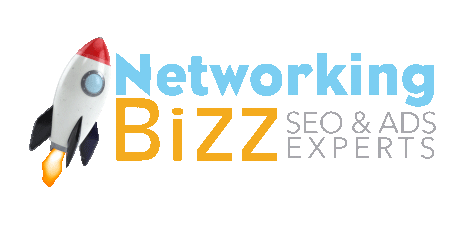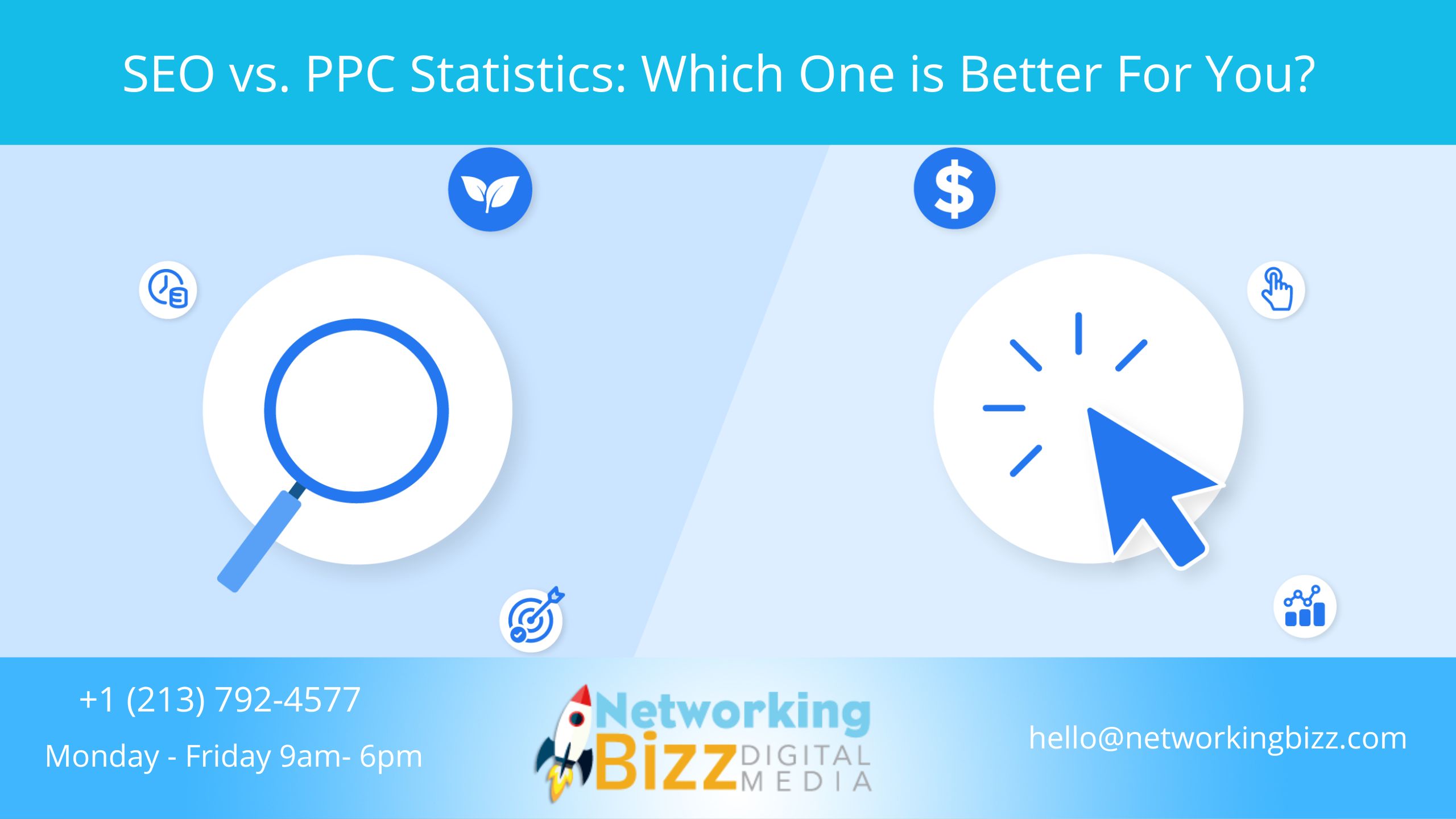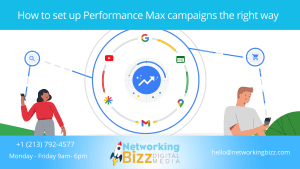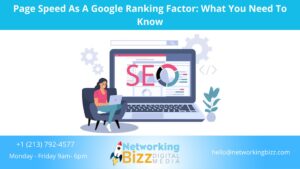Are you trying to decide whether to invest in SEO or PPC for your business? With the constantly evolving digital landscape, it’s important to keep up with the latest statistics to make informed decisions. In this article, we’ll explore the key SEO and PPC statistics for 2023 and break down the pros and cons of each strategy. By the end, you’ll have a better understanding of which one is better for your business.
Table of Contents
- Understanding SEO and PPC
- Key SEO and PPC Statistics in 2023
- Pros and Cons of SEO
- Pros and Cons of PPC
- Factors to consider when choosing between SEO and PPC
- Final Thoughts
Understanding SEO and PPC
Before we delve into the statistics, let’s define what SEO and PPC are.
What is SEO?
SEO stands for Search Engine Optimization, and it involves optimizing your website to rank higher in organic search engine results pages (SERPs). This is done through various tactics such as keyword research, optimizing your content and meta tags, improving your website’s usability and mobile-friendliness, and building quality backlinks to your site.
Search engines use complex algorithms to determine which websites should be ranked higher in the search results. By optimizing your website, you can improve your chances of ranking higher and attracting more organic traffic to your site. This can lead to increased brand awareness, higher engagement, and ultimately, more conversions and revenue.
One important aspect of SEO is keyword research. This involves identifying the keywords and phrases that your target audience is searching for and incorporating them into your website’s content. By doing so, you can increase your chances of ranking for those keywords and attracting more relevant traffic to your site.
Another important factor in SEO is building quality backlinks to your site. Backlinks are links from other websites that point to your site. Search engines view backlinks as a sign of credibility and authority, so the more high-quality backlinks you have, the better your chances of ranking higher in the search results.
What is PPC?
PPC stands for Pay-Per-Click, and it involves placing ads on search engine results pages (SERPs) and paying each time someone clicks on your ad. These ads can also be placed on other websites through Google’s Display Network. The cost per click varies depending on the competition for the targeted keyword and the quality of the ad, among other factors.
PPC can be a highly effective way to drive targeted traffic to your website and increase conversions. Unlike SEO, which can take time to see results, PPC can generate immediate traffic and results. However, it can also be more expensive, especially for highly competitive keywords.
One key to success with PPC is creating high-quality ads that are relevant to the user’s search query. This involves targeting the right keywords, writing compelling ad copy, and using eye-catching visuals. By doing so, you can increase the chances of someone clicking on your ad and ultimately converting on your website.
Another important aspect of PPC is optimizing your campaigns for maximum ROI. This involves monitoring your ad performance, testing different ad variations, and adjusting your targeting and bidding strategies as needed to achieve your desired results.
Ultimately, both SEO and PPC can be effective strategies for driving traffic and revenue to your website. The key is to understand the strengths and weaknesses of each approach and determine which one is best suited for your business goals and budget.
Key SEO and PPC Statistics in 2023
Let’s take a look at some of the latest statistics for both SEO and PPC. As the world becomes more digitally focused, it’s important to stay up-to-date with the latest trends and statistics to ensure your website is optimized for success.
Organic Search Traffic Statistics
Organic search traffic refers to the visits that come to your site as a result of someone clicking on your organic search engine result. According to recent studies, organic search still accounts for a significant portion of website traffic – up to 53.3% of web traffic comes from organic search.
One reason organic search is so valuable is that it is often seen as more trustworthy than paid search. Users tend to trust organic search results more because they believe those results are there because they are the most relevant to their search query. Additionally, organic search results are more likely to be clicked on than paid search results – up to 70% of users click on organic search results, compared to just 30% for paid search results.
It’s important to note that organic search is not a quick fix – it can take time to see results. However, the long-term benefits of a strong organic search presence can be well worth the investment.
Paid Search Traffic Statistics
While organic search still accounts for the majority of web traffic, paid search can still be a valuable investment. Recent studies show that paid search can increase website traffic by 53%, and 75% of users say paid search ads make it easier to find the information they need.
Paid search can also be a valuable tool for businesses looking to target specific audiences. With paid search, you can choose the keywords you want to target and create ads that are specifically tailored to those keywords. This can help ensure that your ads are seen by the right people at the right time.
It’s important to note that paid search can be expensive, especially for highly competitive keywords. However, with the right strategy and budget, paid search can be a valuable investment for businesses looking to increase their online visibility.
Conversion Rates and ROI
At the end of the day, the true measure of success for any marketing strategy is its return on investment (ROI) and conversion rates. According to recent studies, organic search has a 14.6% conversion rate, while PPC has a 10% conversion rate. However, PPC typically has a better ROI, with an average of $2 for every $1 spent compared to SEO but it varies from industry to industry.
Conversion rates and ROI can be affected by a variety of factors, including the quality of your website, the relevance of your keywords, and the effectiveness of your ad copy. It’s important to continually monitor and optimize your campaigns to ensure you are getting the best possible results.
In conclusion, both SEO and PPC can be valuable tools for businesses looking to increase their online visibility and drive traffic to their website. By staying up-to-date with the latest trends and statistics, you can ensure that your website is optimized for success.
Pros and Cons of SEO
Search Engine Optimization, or SEO, is a complex and ever-evolving field that can have significant impacts on the success of a website. Let’s take a closer look at some of the advantages and disadvantages of SEO.
| Advantages of SEO | Disadvantages of SEO |
| Long-term growth in organic search traffic. | Takes time and consistent effort to see results. |
| Improve your website’s visibility. | Requires a long-term strategy and ongoing optimization to achieve sustainable growth. |
| Attract more visitors over time. | Requires a deeper understanding of technical considerations. |
| Increased brand awareness, higher conversion rates, and more revenue. | Organic search results are subject to constant algorithm updates. |
| Less expensive than Pay-Per-Click (PPC) advertising (long-term). |
In conclusion, while SEO can be a powerful tool for driving sustainable growth and increasing brand awareness, it requires a long-term strategy and ongoing effort to achieve success. By understanding the advantages and disadvantages of SEO, businesses can make informed decisions about how to allocate their marketing resources and achieve their goals.
Pros and Cons of PPC
| Advantages of PPC | Disadvantages of PPC |
| More targeted advertising. | Expensive. |
| Faster results. | Requires ongoing maintenance and optimization. |
| Quickly drive traffic to your website by bidding on relevant keywords and placing ads on search engine results pages. | Users are becoming increasingly savvy to paid ads, leading to lower CTRs and higher bounce rates in some cases. |
| Flexibility in targeting specific audiences and testing different ad variations to optimize for higher click-through rates (CTRs). |
Factors to consider when choosing between SEO and PPC
Your Business Goals
Your business goals should guide your choice between SEO and PPC. If you’re looking for sustainable, long-term growth and don’t mind a slower ramp-up time, SEO may be the right choice. If you need faster results and have a bigger advertising budget, PPC may be a better option.
Your Target Audience
Your target audience also plays a role in determining which strategy is best for you. If your audience is primarily searching for information online and isn’t ready to purchase yet, SEO may be a better choice. If your audience is further down the sales funnel and actively searching for products or services like yours, PPC can capture their attention quickly.
Your Budget
Your budget is a key factor in deciding between SEO and PPC. While SEO can be less expensive in the long run, it can require more upfront investments in content creation and link building. On the other hand, PPC requires ongoing investment and can be expensive for competitive keywords.
Your Industry and Competition
Your industry and competition also play a role in determining which strategy is best for you. If you’re in a highly competitive industry with many other businesses vying for the same keywords and audience, PPC may be necessary to stand out. If your industry is less competitive, investing in SEO can still yield significant results.
Final Thoughts
Ultimately, deciding between SEO and PPC requires a careful evaluation of your business goals, audience, budget, industry, and competition. By staying up-to-date with the latest trends and statistics, you’ll be able to make informed decisions about where to invest your marketing efforts – whether that’s in SEO, PPC, or a combination of both.




